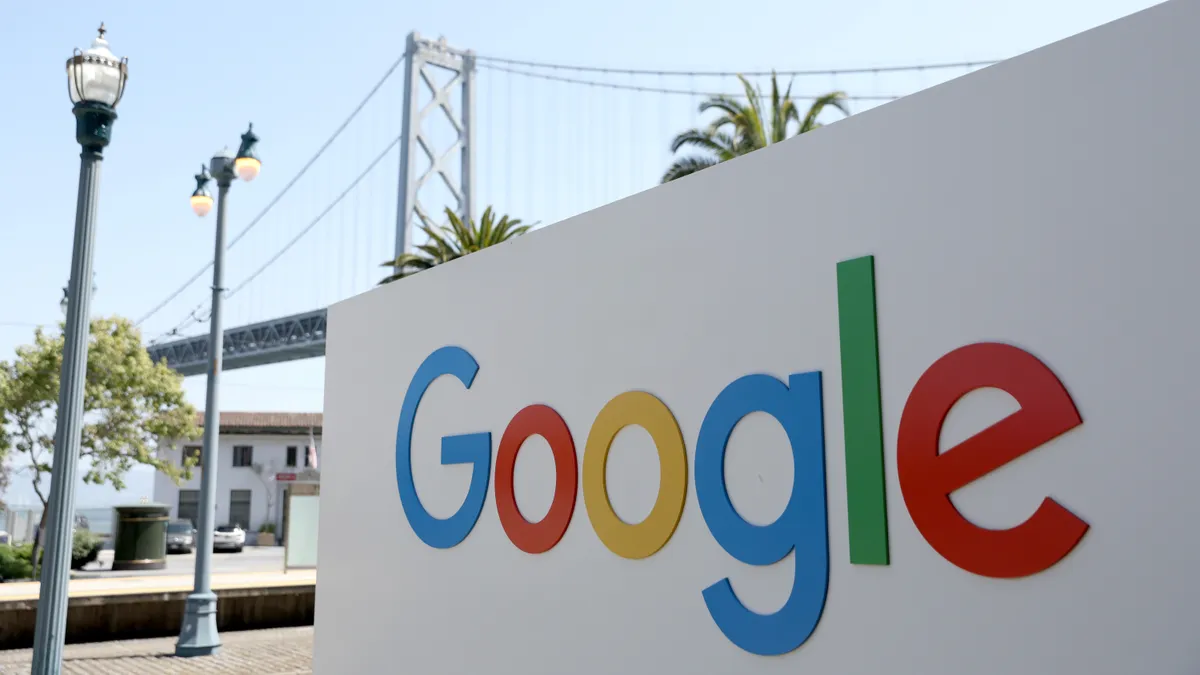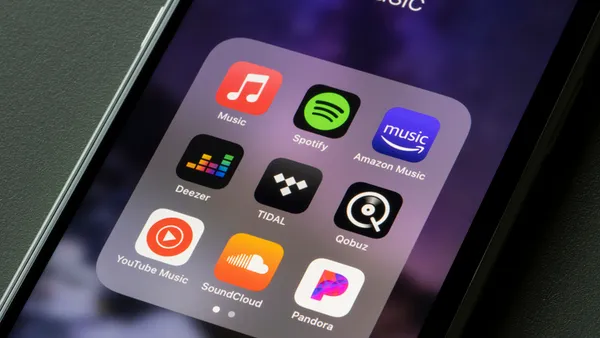Brief:
- Apple plans to hold off on imposing a controversial rule on app developers following criticism that the planned changes to software that runs iPhones, iPads and Apple TV will upend the advertising market. The company's iOS 14, iPadOS 14 and tvOS 14 won't require apps to obtain permission to track users until early next year, Apple said on its website for software developers.
- Starting in October, software developers will be able to submit the privacy information about their apps at its App Store Connect site through the end of the month. That information will appear by the end of the year in app description pages that Apple will introduce to the App Store to help people understand the app's privacy practices.
- Apple this fall will provide more information about its requirement that apps obtain permission to track users, including an update to its App Store review guidelines. Apple's announcement followed a report by The Information, which broke the story about the delay.
Insight:
Apple is granting a small reprieve to marketers, ad agencies, ad-tech companies, app developers and other businesses that have fretted over the company's planned changes to its user tracking policy.
Instead of enforcing the rule with the announced updates to its various operating systems, which may be released as soon as this month, the company is giving mobile advertising players more time to prepare for the change. The effect is still likely to be significant to mobile marketers, whose spending on in-app ads had been forecast to grow from $90 billion this year to $226 billion by 2025, per an estimate by Grand View Research published before the pandemic hurt demand for advertising.
The changes in questions were announced two months ago at its yearly WWDC event for developers, with Apple saying it would soon require apps to seek opt-in consent from device users to access the Identifier for Advertisers (IDFA), a randomly generated code that the company assigns to devices. The IDFA, which users already can block by changing the settings in their Apple devices, helps marketers to track user activities and improve their ad targeting.
With Apple's planned change to its policy, a pop-up will appear that gives device users a choice to stop device tracking after they download or update an app. Critics say it's almost certain that many iPhone users won't allow app tracking, making the targeting of mobile ads more difficult for marketers and hurting publishers that sell ads.
"I'm not at all surprised Apple delayed the user certification process for IDFA," Mike Woosley, COO at data management company Lotame, said in an emailed statement. "This change will do a lot of harm to the app developer space and to independent publishers."
The Weather Co., which operates weather.com, estimated that Apple's policy change may cause a 40% drop in the price of media placements in iPhone apps that sell ad space, The Wall Street Journal reported. The limitation on IDFA may spur a longer-term shift in audience-based targeting of ads on mobile devices to contextual-based targeting, which lets advertisers buy media placements based on publisher content, Jonah Peretti, CEO of BuzzFeed, told the Journal.
Facebook last week warned that Apple's privacy protections may cause a 50% drop in revenue for its Audience Network that lets developers use Facebook's data for in-app ad targeting. The social media giant won't collect IDFA information from Apple devices that run iOS 14, and didn't expect the change to affect its own advertising business. Facebook said it will release an update to the software development kit for iOS 14, including support for Apple's SKAdNetwork API that limits data-sharing for advertising.












